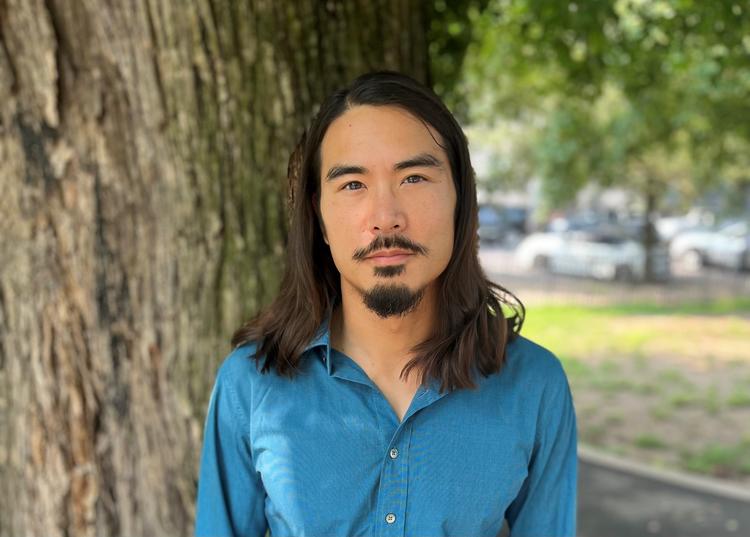
This presentation compares public safety net and elite private psychiatric treatment in Los Angeles to show how inequality shapes the very meaning of recovery from serious mental illness. It focuses on "social prognosis", or the way clinicians imagine and enact futures for their clients. In Downtown LA, the crises of homelessness and criminalization mean public providers define recovery as getting a client housed, out of jail, and not triggering emergency calls. The imagined future for such clients is a life off the streets and out of the way. For elite private providers serving wealthy families, on the other hand, recovery means normalization and generating a class-respectable identity. The social prognosis here includes things like returning to college or fixing strained family relations. Ironically, public patients may have greater "client choice" within the constraints of poverty, while their counterparts can experience privileged care as domination. Ultimately, the presentation shows how service users in both worlds are harmed when their individual situations do not align with the classed expectations of the clinical regimes.
Neil Gong is assistant professor of sociology at UC San Diego. He is author of Sons, Daughters, and Sidewalk Psychotics: Mental Illness and Homelessness in Los Angeles (UChicago 2024) and co-editor (with Corey Abramson) of Beyond the Case: The Logics and Practices of Comparative Ethnography (Oxford 2020). His academic articles have appeared in journals like the American Sociological Review, Theory and Society, and Social Problems. Neil's public writings have appeared in such venues as the Washington Post, the Atlantic, and the Los Angeles Times.
Lunch will be served starting at 11:45am
Sponsorship of an event does not constitute institutional endorsement of external speakers or views presented.


